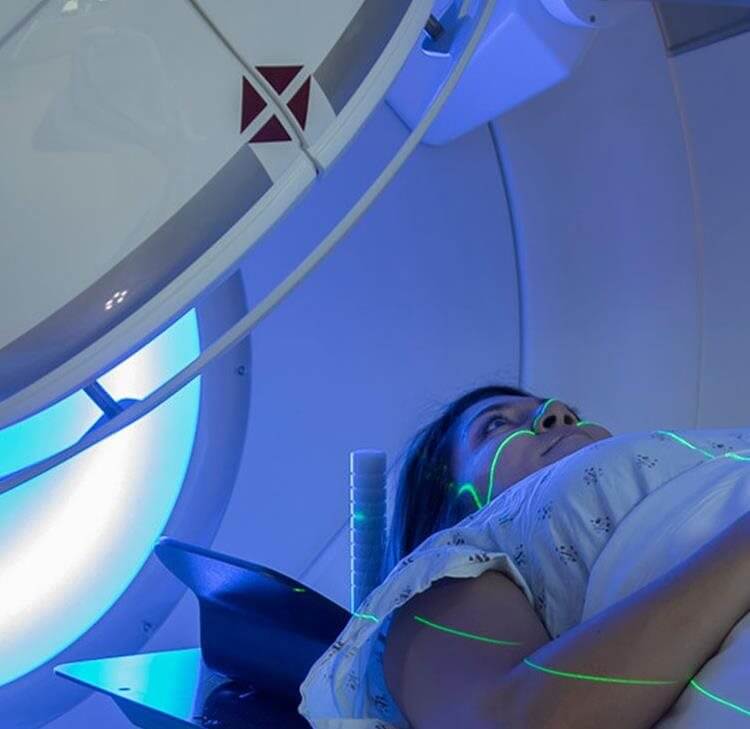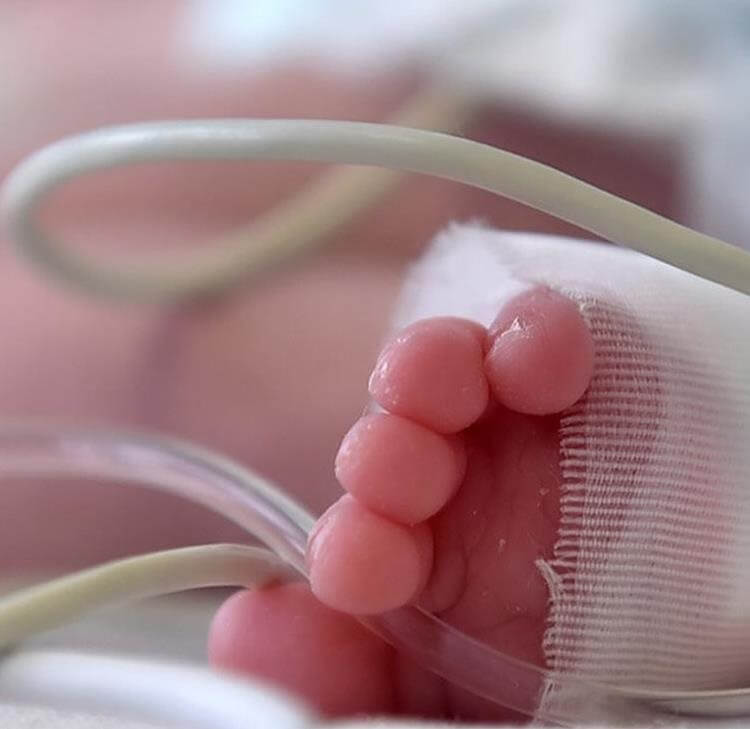Mediation matters
In recognition of the success of its claims mediation service, NHS Resolution has recently been shortlisted for a Mediation Innovation Award at the National Mediation Awards.
In recognition of the success of its claims mediation service, NHS Resolution has recently been shortlisted for a Mediation Innovation Award at the National Mediation Awards. Reflecting on how NHS Resolution is improving the role of safety and learning in resolving claims, we look back at how mediation has developed its aim of achieving early and fair resolution as well as providing some top tips for mediation attendance.
Delivering fair resolution and learning from harm was the headline for NHS Resolution’s 5-year strategic plan published in 2017 and in February this year NHS Resolution published “Mediation in healthcare claims – an evaluation”. This report evaluated over 600 mediations which had taken place since the inception of NHS Resolution’s claims mediation service in December 2016. The report found that:
- Mediation is an effective forum for claims resolution by providing injured patients and their families the opportunity to receive face-to-face explanations and apologies and a platform to articulate concerns that would not ordinarily be addressed in other forms of dispute resolution.
- 74% of cases mediated were settled either on the day or within 28 days of the mediation date with the largest proportion of cases settled on the day being those where Counsel didn’t attend.
- Trust representative attendance increased the prospects of settlement both on the day and within the following 28 days.
During our recent Shared Insights session on The Benefits of Mediation for Trusts, Julienne Vernon, Head of Dispute Resolution and Quality at NHS Resolution, explained that over 1,000 claims have now been mediated under NHS Resolution’s claims mediation service, which operates under a fixed costs model, keeping costs in check and preserving valuable resources for frontline patient care.
A key finding of NHS Resolution’s report Behavioural insights into patient motivation to make a claim for clinical negligence published in October 2018 was that patients who bring a clinical negligence claim do not want the same thing to happen to someone else. In recognition of that, Bev Hunt, NHS Resolution’s Safety and Learning Lead (Mediation) is currently looking to increase the involvement of safety and learning representation and promote attendance of Trusts at mediations with both legal and clinical representatives to explain what went wrong and why, and to give a meaningful apology.
With this in mind, we set out some ‘top tips’ for attending mediations from those in the know:
- As a trained midwife, Bev is well aware of the emotions involved when things go wrong and states “Apologising to patients and their family is very impactful for the patient, the Trust and the NHS Resolution representative”.
- Dr Nav Ahluwalia, Consultant Psychiatrist, and Executive Medical Director at Rotherham Doncaster and South Humber NHS Foundation Trust gave us his perspective:
- A Trust should pick the right person to attend with the right mindset - someone who has authenticity, who knows the case and who is prepared to make an emotional connection with the patient and their family.
- “Never forget humanity in this process, manage each case to build that humanity and trust. In terms of culture change, we need to stop the win/lose mindset. This can arise between clinicians or between patient and clinicians and is damaging. We need a win-win approach - it will do no end of good for patients, staff and carers”.
- Lorraine Purcell, Head of Midwifery at University Hospitals of Derby and Burton NHS Foundation Trust emphasised that empathy and being well-prepared is key. “Knowing the case and being supported by the legal team all made a big difference and made the mediation I attended a very positive experience” and “eight months later the patient returned to the Trust to be involved in Learning and Development by speaking to staff about her experience, which had a positive impact on her and the clinicians involved and helped us to learn from her experience and involve her in that learning”.
- As to the benefits of mediation over other forms of dispute resolution, Paul Balen, mediator at Trust Mediation, a member of NHS Resolution’s mediation panel, sets out his view that mediations can help to rebuild trust which can help achieve settlement. “The mediator aims to give the patient a voice” and it is important to remember it is the parties’ case, not the lawyers’ or the clinicians’.
- Trust Mediation, who have provided the team at Browne Jacobson with “advanced mediation training”, state that whilst they would like to see more Defendant representatives at mediations “The identity of the listeners is important. There is a big difference between a claimant talking to lawyers and a claimant talking to the Trust and NHS Resolution - and receiving a response and or an acknowledgement from them … our belief and experience is that a claimant is more disposed to settle if they feel that they have been heard”.
From our own experience at Browne Jacobson LLP, there needs to be a shift in mindset for mediation to work effectively. Mediations are not a litigious process and the best mediations are those where both parties come away feeling as if they have been listened to, have been treated fairly and are able to move forwards. We have experienced great examples of this including:
- Mediating with a group of Claimants who had suffered psychiatric and physical injuries. The Trust’s Legal Services Manager showed such empathy with the Claimants that in addition to verbal apologies, we also shared hugs and tears. The mediator, Tony Allen, CEDR commented “I cannot remember a more telling set of interventions which influenced the atmosphere so positively, and I am sure, the outcome …”.;
- At a recent emotionally charged mediation following the death of a couple’s two children, the Trust’s legal team and Deputy Medical Director were in attendance with Bev Hunt and time and effort was put into addressing the family’s non-monetary needs so lessons could be learnt and information provided about changes that had occurred since the incident; and
- Paul Balen mediated a case where the Clinical Director in attendance was the person who saved the Claimant’s life after the negligent treatment. Despite her reservations, the Claimant met the clinician without the presence of lawyers for a highly emotional meeting which enabled the parties to settle the claim very quickly afterwards, thus demonstrating the importance of the human relationship and empathy in the mediation process.
Finally, what Covid-19 has taught us is that there’s no longer a need for parties to spend hours travelling to sit in solicitors’ offices to attend settlement meetings and mediations. Remote mediations by Zoom, Skype, MS Teams and other platforms are the new normal and should allow Claimants to feel at ease in their own homes and allow attendance from busy professionals and clinicians for just the key part of the session.
Should you have any mediation related queries or if you would like to discuss how we can help you with mediating disputes, please contact Kelly Buckley.
Related expertise
You may be interested in...
Opinion - Maternity services
University Hospital Leicester hold their inaugural Maternity Safety Conference
In Person Event
Navigating your way through high profile sensitive reviews and investigations
Opinion
Junior doctors vote unanimously in favour of strike action
Opinion
Can toilet facilities amount to sex discrimination?
Published Article
Digital Twin Technologies: key legal contractual considerations
Opinion
Consultation launched on minimum ambulance service levels during strike action
Opinion - Maternity services
Changes to redundancy protections for employees post-maternity leave
Legal Update - Shared Insights
Shared Insights: Coroners’ Question Time
Press Release - Careers
Browne Jacobson health lawyer wins major accolade at Made in Manchester Awards
Opinion
BMA issues medical locum rate card for junior doctors
Legal Update
Employee who refused to wear a face mask fairly dismissed
Opinion
New toolkit to support safer recruitment in the care sector
Legal Update
Green Leases for the NHS
Guide
Government response to the consultation on the Higher-Risk Buildings Regulations
Published Article
The first 100 days for Integrated Care Boards
Opinion
Menopause and the workplace
On-Demand
Future of Care - Retirement Living webinar
In Person Event
Independent Healthcare In-House Lawyers Forum
Legal Update
Safeguarding at scale report published
Opinion
Government introduces new “anti-striking laws” to be discussed in Parliament
Press Release - Maternity services
Father Christmas comes to University Hospital Coventry and Warwickshire care of Browne Jacobson’s Birmingham Office Community Action Group
Opinion - Maternity services
The Patient Safety Incident Response Framework (PSIRF) and its impact on maternity services
Legal Update - Shared Insights
Shared Insights: Looking ahead to 2023 – what Health and Care employers need to know
Opinion
Coroner’s refusal to issue a Prevention of Future Deaths Report following death in prison custody inquest was lawful
Article
Mental health, eating disorders and placement of young people
Legal Update
LPS consultation and ‘go live’ planning
Opinion
Consultation launched on plans to amend NHS pension rules to bolster NHS workforce
Legal Update
Getting ready to face Industrial Action
Legal Update - Shared Insights
Shared Insights: Prolonged disorders of consciousness
Published Article
How AI and technology can transform the healthcare sector
On-Demand
The UK's green agenda - the outcomes of COP27 and actions since COP26
On-Demand
Insights from the Chief Coroner by His Honour Judge Thomas Teague, KC
Opinion
BMA advises consultants not to accept less than the BMA minimum rate card for extra-contractual work
The BMA is advising all NHS / HSCNI consultants to ensure extra-contractual work is paid at the BMA minimum recommended rate and to decline offers of extra-contractual work that doesn't value them appropriately.
On-Demand
Leadership and lessons learnt during the Pandemic by Professor Jonathan Van-Tam
Legal Update - Shared Insights
Shared Insights: The Patient Safety Incident Response Framework
Guide - Maternity services
Mediation guide for Clinicians: What do you need to know and how do you need to prepare
Opinion
NHS England – Updated Transaction Guidance
NHS England has published (October 2022) new guidance - Assuring and supporting complex change: Statutory transactions, including mergers and acquisitions.
Opinion
NHS England – Assuring and supporting complex change
NHS England has issued an updated (publication 11 October 2022) suite of Complex Change guidance about how it will assure and support proposals for complex change that are reportable to it. New and (where it is still in force) existing Complex Change guidance are as follows.
Legal Update
The Retained EU Law
Created at the end of the Brexit transition period, Retained EU Law is a category of domestic law that consists of EU-derived legislation retained in our domestic legal framework by the European Union (Withdrawal) Act 2018. This was never intended to be a permanent arrangement as parliament promised to deal with retained EU law through the Retained EU Law (Revocation and Reform) Bill (the “Bill”).
Legal Update
Economic crime and cybercrime
It is clear that the digital landscape, often termed cyberspace, is a man-made environment, in which human behaviour dominates and where technology both influences and aids our role in it — through the internet, telecoms and networked computer systems, which are often interdependent. The extent to which any organisation is potentially vulnerable to cyber-attack depends on how well these elements are aligned.

























